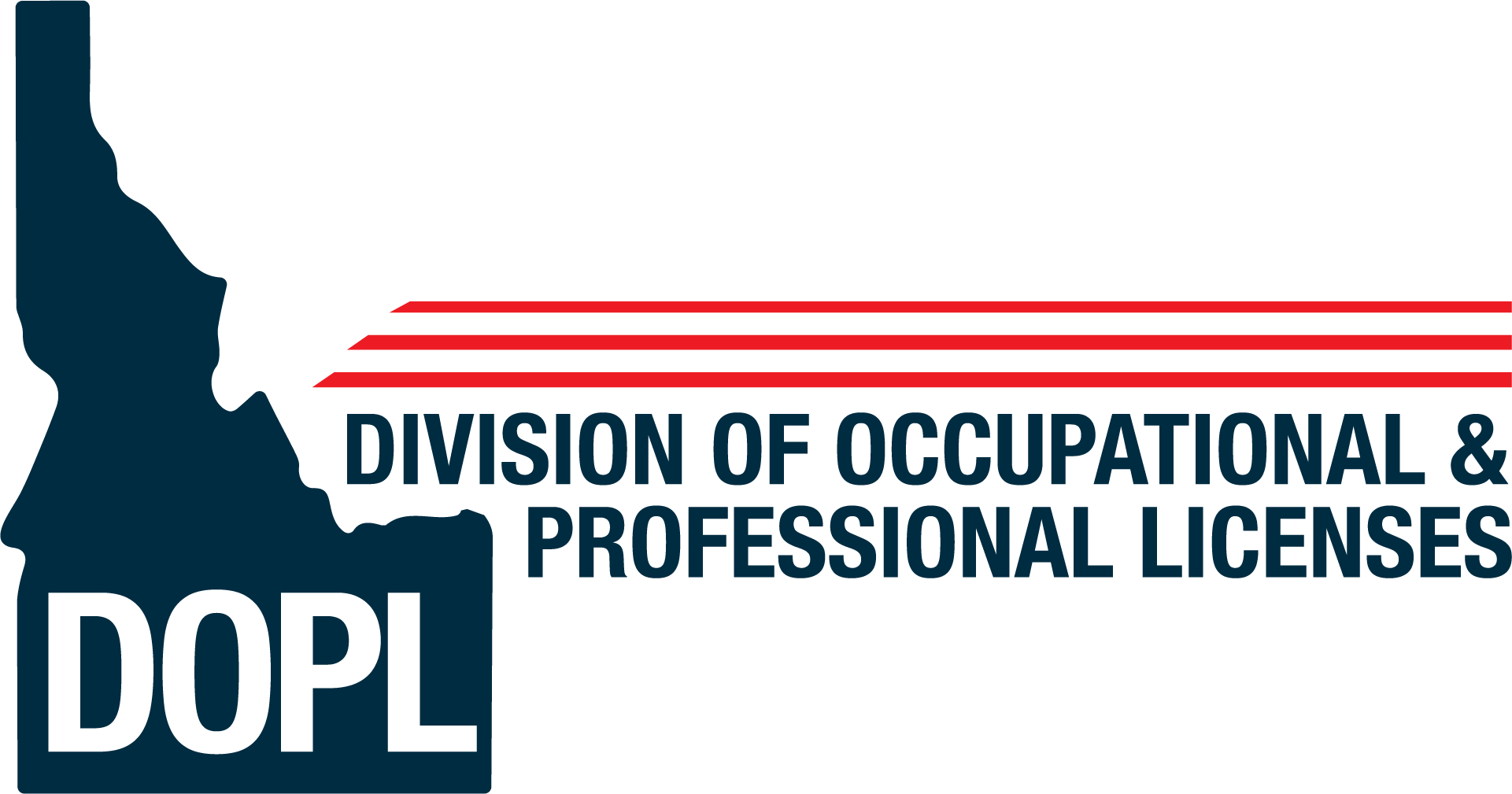Clinical Supervision Reports – to be submitted with Clinical Social Work application
Guidance For Supervised Clinical Experience (Supervisees)
Guidance for Supervised Clinical Experience (Supervisors)
Q: I am a licensed master social worker (LMSW) and want to start working toward my clinical license. How do I start?
A: You must first obtain a supervisor who meets the requirements of Rules 002.03 and 100.03 and collaborate to formulate a supervision plan. You must have an LCSW supervise at least 50% of your clinical hours. Please review the Guidance for Supervised Clinical Experience for additional requirements.
Q How do I track my supervision hours?
A: A sample log has been developed to help you keep track of your supervision hours. The use of the sample log is optional and it should not be submitted with you application. The Clinical Supervision Report forms submitted by you and your supervisor are the official record of supervision hours for the purpose of licensure.
Q: How do I become a registered clinical supervisor?
A: Idaho no longer requires registration for clinical social work supervisors. Per Rule 002.03, clinical social workers who provide supervision must have been licensed as a clinical social worker for at least two years and must not have been disciplined for acts relating to client care within the past five years. They must also complete 15 hours of clinical supervisor training before providing supervision. Fifty percent of supervision may be obtained from a clinical psychologist, psychiatrist, clinical professional counselor, or marriage and family therapist who is licensed and in good standing with their regulatory board. Review The Guidance for Supervised Clinical Experience for additional information.
Q: Does the advanced supervision training have to be an in-person seminar/training or can it be taken through an online course?
A: It can be in person, online, or a webinar.
Q: How can I verify that the course I am interested in taking is approved by the Board?
A: The Board does not preapprove courses. If the course is an advanced supervision training that provides instruction on supervision topics beyond those covered in basic supervision training, the Board will take it into consideration. Advanced training may focus on special topics or emerging and innovative methods in clinical supervision.
Q: I am having difficulty finding a course in advanced supervision. Can you give me some ideas of where I can locate this course?
A: You can check with the colleges/universities and associations such as NASW and AMFTRB.

